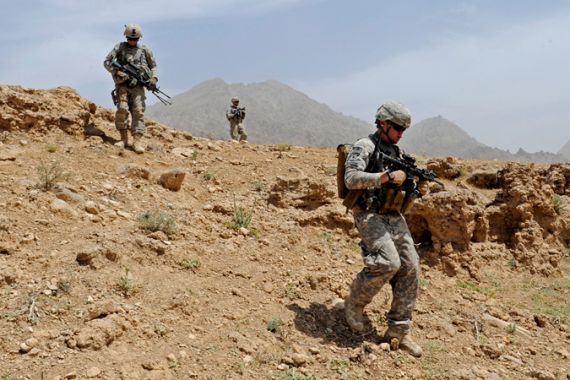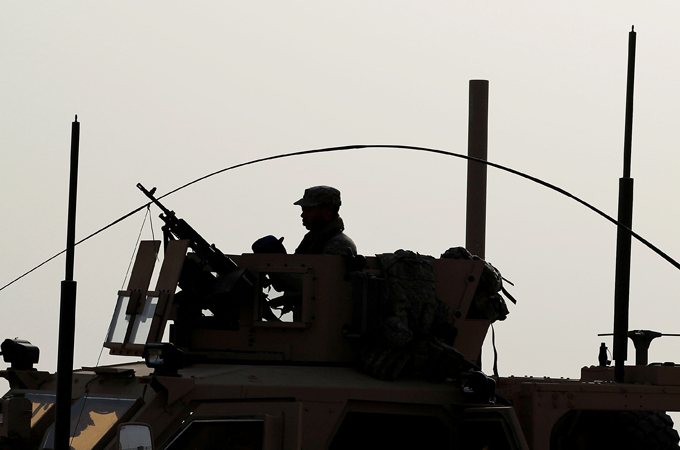US soldier ‘mistakenly’ killed BBC reporter
NATO says a soldier mistakenly shot journalist in south Afghanistan in July and will not face any disciplinary action.

 |
| The BBC had asked NATO to investigate the incident after what it called ‘conflicting reports’ [GALLO/GETTY] |
A US soldier shot dead an Afghan journalist working for the British Broadcasting Corporation (BBC) in July after mistaking him for a suicide bomber, the NATO-led military force in Afghanistan has said.
“After a thorough investigation, it was determined the reporter was killed in a case of mistaken identity,” International Security Assistance Force (ISAF) said in a statement on Thursday concerning the death of Ahmed Omed Khpulwak.
“Mr Khpulwak was shot by an ISAF member who believed he was an insurgent that posed a threat and was about to detonate a suicide vest improvised explosive device.”
It said the US soldier who shot Khpulwak, 25, had “complied with the laws of armed conflict and rules of engagement and acted reasonably under the circumstances”.
The soldier is not facing any disciplinary action in connection with the incident, ISAF spokesman Lieutenant Colonel Jimmie Cummings, said.
Cummings could not confirm whether the soldier was still on active duty in Afghanistan.
Khpulwak died on July 28, shortly after two suicide bombers struck at the offices of state broadcaster Radio Television Afghanistan in the troubled southern Uruzgan province, an area regarded as the Taliban’s heartland.
He had joined the broadcaster in 2008 and was working for the BBC on a freelance basis when he died in the attack that also killed eighteen other people.
Investigation findings
US forces were sent to the scene after the explosion to clear the building, when a soldier saw Khpulwak near a broken wall and other troops believed they heard him fire a shot, according to ISAF’s summary of a report on the incident.
“In the stress and urgency of the moment, it is highly probable that soldiers in the courtyard outside the building incorrectly perceived that shot as having been fired by the man in the building,” the report said.
Another soldier approached him and saw him “with something clinched in one of his fists and reaching for something on his person with his other hand,” it said.
“The soldier assessed the actions as those of a suicide bomber who was taking steps to detonate … He shot the individual with his M-4 [assault rifle].”
ISAF later discovered that Khpulwak was unarmed and the shot which soldiers heard was probably fired by one of their own side.
“It appears that all rounds perceived as coming from his location were instead fired by US soldiers,” the probe concluded.
The BBC had asked NATO to investigate the incident last month after what it called “conflicting reports” emerged of the circumstances surrounding Khpulwak’s death.
In response to ISAF’s findings, the BBC said it was studying the statement and awaiting the full report into what happened.
“The loss of Ahmed Omed is a tragedy for his family and friends as well as his colleagues at the BBC,” Peter Horrocks, the director of BBC Global News, said.
“Ahmed Omed’s death further highlights the great dangers facing journalists who put their lives on the line to provide vital news from around the world.”